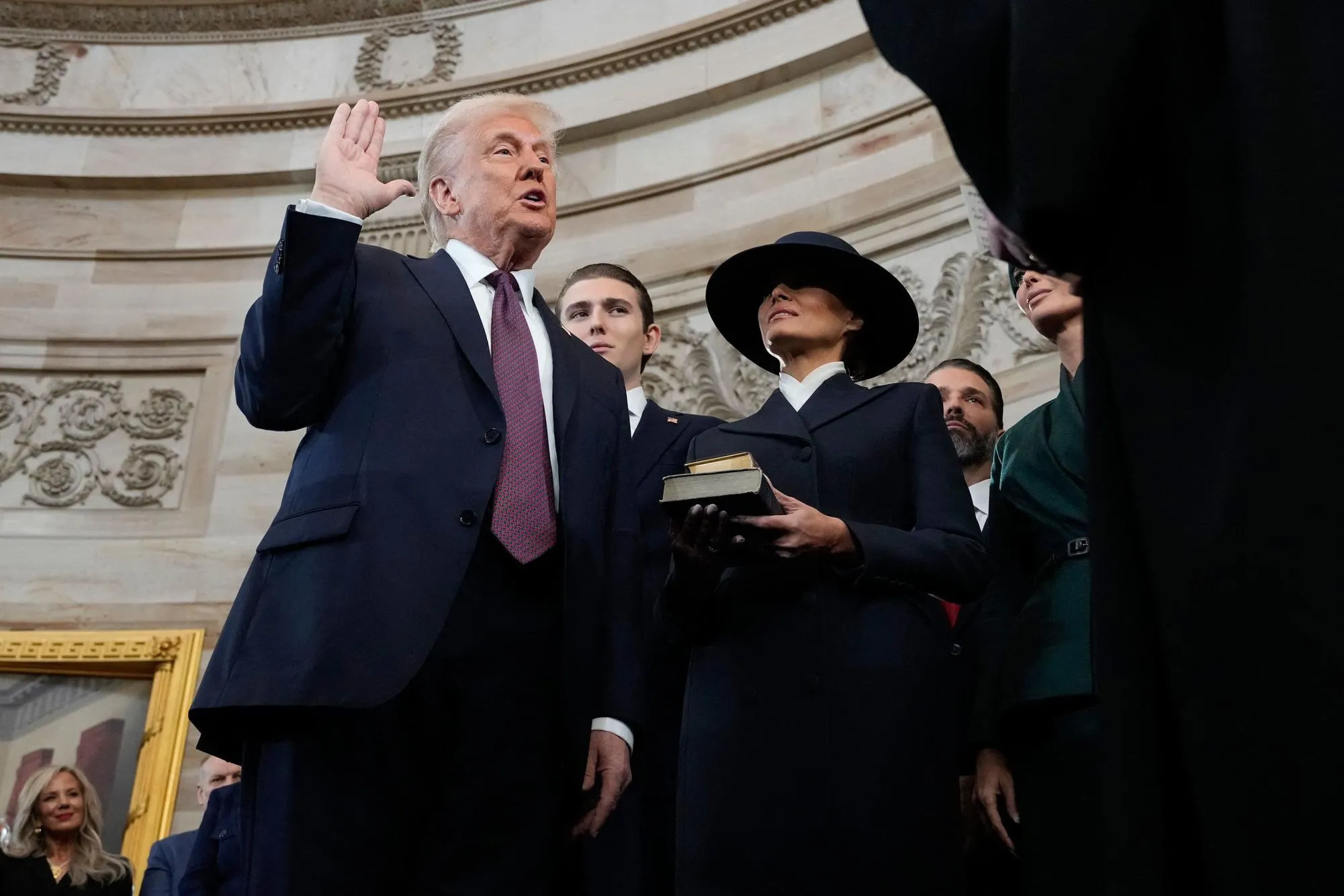Unveiling the Legacy: How Recent Changes in the White House Are Shaping America’s Presidential History
In the ever-evolving landscape of American political leadership, the presidency continues to be a powerful lens through which we understand the nation’s trajectory. Recent developments have highlighted the profound ways in which presidential actions shape not just policy, but the very fabric of American society.
The Changing Face of Presidential Legacy
The Biden administration has emerged as a pivotal moment in presidential history, carefully curating a narrative that seeks to address both contemporary challenges and historical injustices. From climate change initiatives to efforts at healing political divisions, President Biden has been intentional about crafting a legacy that extends beyond immediate policy outcomes.
A Transformative Political Landscape
The aftermath of the Trump presidency continues to reverberate through American political institutions. The January 6th Capitol riot stands as a watershed moment, raising critical questions about:
- Democratic resilience
- Presidential accountability
- The limits of political discourse
“Presidential legacies are not just about policies, but about the fundamental values they represent,” noted political historian Dr. Emily Richardson.
Navigating Complex Challenges
The Biden administration has confronted unprecedented challenges, particularly in the wake of the COVID-19 pandemic. Presidential leadership has been tested in ways that few could have anticipated, with each decision carrying significant implications for public trust and national unity.
Technological and Media Dynamics
The role of technology and social media has fundamentally transformed presidential communication. Presidents now navigate a complex media landscape where:
- Instant communication is the norm
- Misinformation spreads rapidly
- Public perception can shift in moments
Historical Context and Future Implications
The ongoing discourse around civil rights, environmental policy, and social justice continues to shape presidential priorities. The Biden administration has shown a particular focus on:
- Addressing systemic inequalities
- Promoting climate change initiatives
- Restoring international diplomatic relationships
Supreme Court and Presidential Power
Recent Supreme Court deliberations on presidential immunity have raised critical questions about the extent of executive power. The court’s rulings potentially set precedents that could impact future presidential administrations for decades to come.
A Broader Perspective on Presidential Legacies
The evolution of presidential leadership reflects broader societal changes. From Franklin D. Roosevelt’s battle with polio to contemporary discussions about diversity and inclusion, presidents have always been more than just political figures – they are symbolic representations of national identity.
Looking Forward
As the United States continues to navigate complex political and social challenges, the role of the presidency remains crucial. Each administration writes a new chapter in the nation’s ongoing story, balancing historical context with forward-looking vision.
Conclusion
The current political moment represents a unique intersection of historical reflection and future aspiration. Presidents are no longer just political leaders, but architects of national narrative, tasked with healing divisions and charting a course through turbulent times.
The legacy of a presidency is not written in a single moment, but through a complex tapestry of decisions, challenges, and responses.
Note to Readers: Presidential legacies are nuanced and multifaceted. Understanding them requires patience, critical thinking, and an appreciation for the complex dynamics of leadership and governance.






Leave a Comment